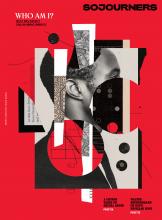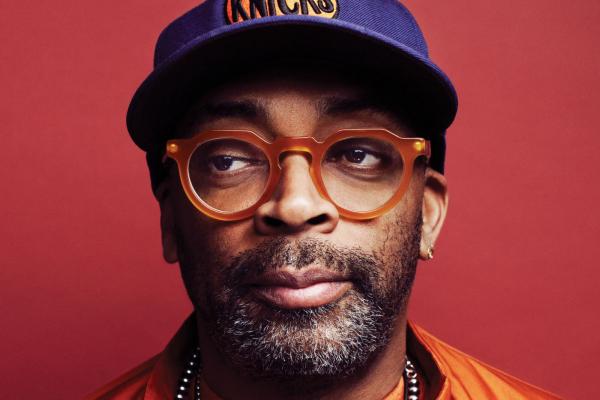“Always do the right thing.”
“That’s it?”
“That’s it.”
“I got it. I’m gone.”
DA MAYOR (Ossie Davis) and Mookie (Spike Lee) share this exchange in Lee’s film Do the Right Thing, which turns 30 this summer. Three decades on, Lee’s masterpiece on racism and community still stands out for its trailblazing voice. Lee, and the film that blasted him into broad public consciousness, continue to inspire powerful work by filmmakers of color, including Dear White People, Get Out, and The Hate U Give.
It’s undeniable that Do the Right Thing’s bold style and perspective are what helped it become iconic. Its depiction of the police killing of black men also remains powerful and, as it turned out, prescient. The film almost seems to have predicted events that unfolded 25 years later following the deaths of Michael Brown, Eric Garner, and so many others.
Read the Full Article

